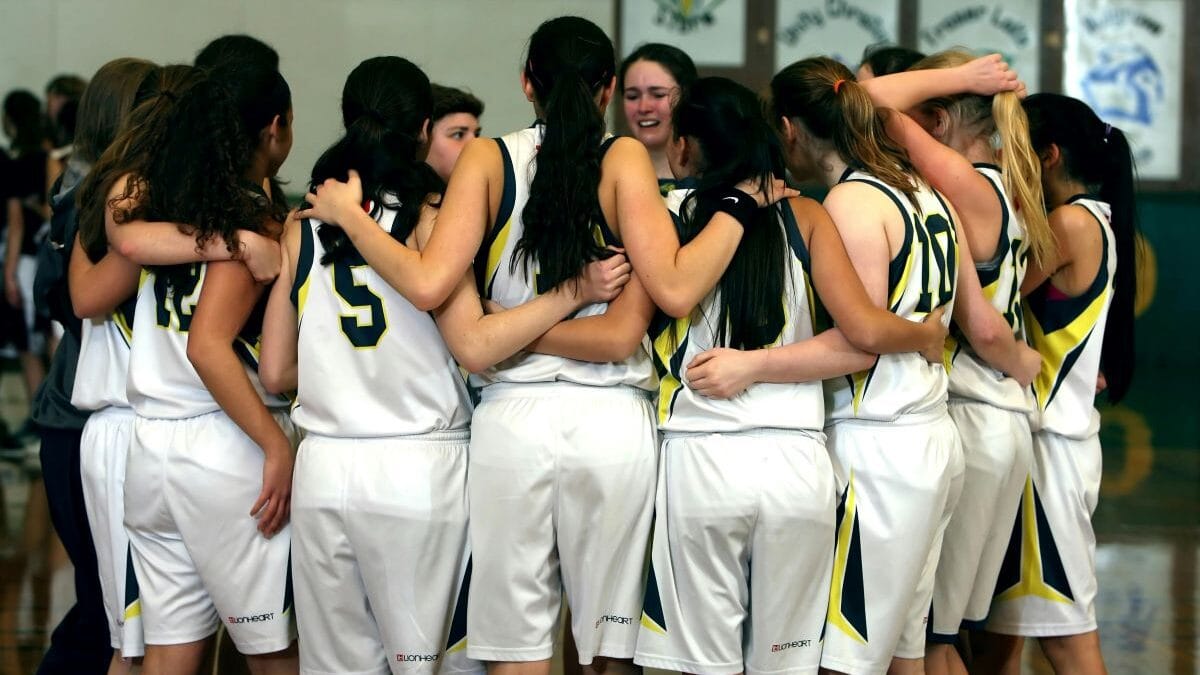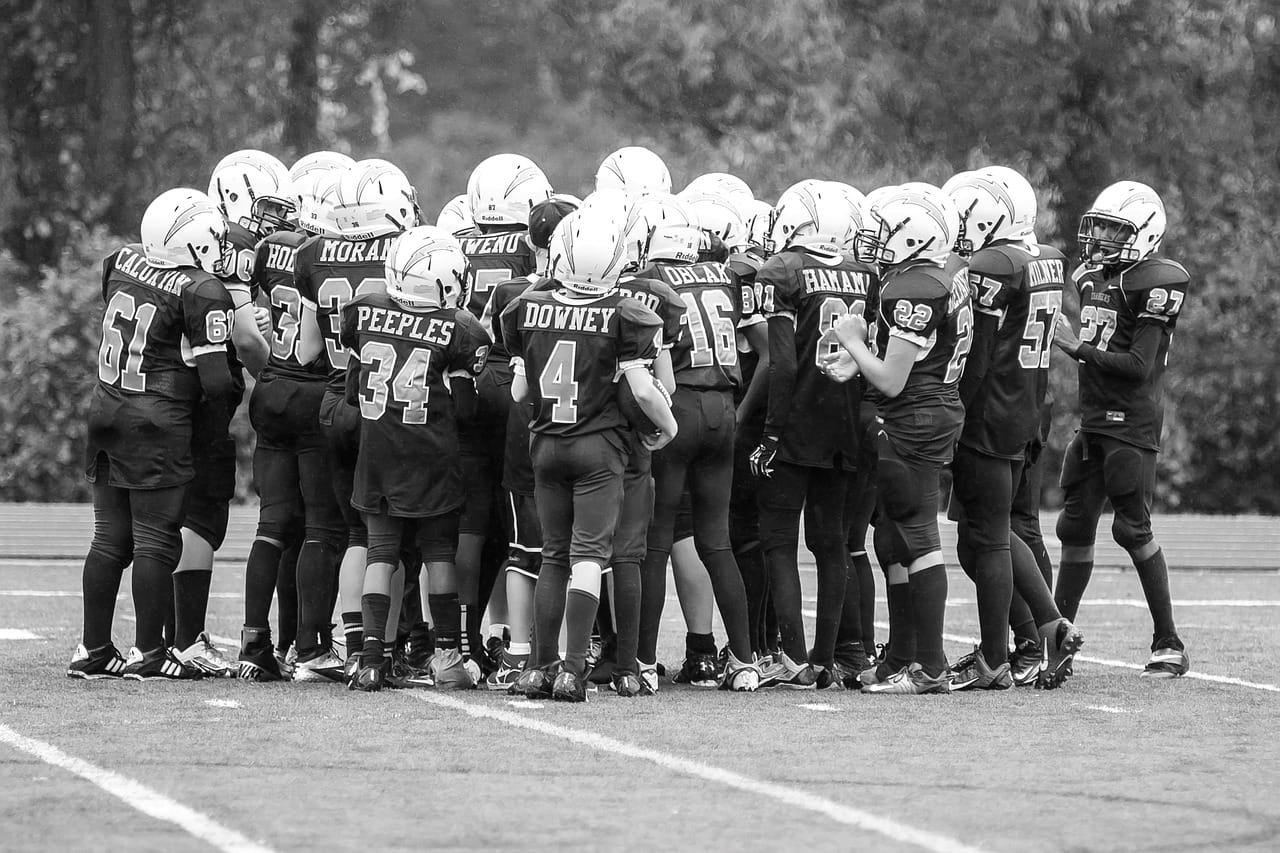
Body language is one of the most powerful, yet often overlooked, aspects of sports. It communicates your attitude, mindset, and emotional state to everyone around you—coaches, teammates, opponents, and even fans. In sports, where emotions run high and pressure can be intense, positive body language can make all the difference in how you’re perceived and how you perform.
Why Positive Body Language Matters
Whether you realize it or not, your body language is always sending a message. When a basketball player is subbed out of a game and reacts by kicking the bench, throwing a towel, or yelling at teammates, it sends a clear and negative signal. This is someone who struggles with self-control and composure. These behaviors can hurt team chemistry, lower morale, and tarnish your reputation as a player.
If you have aspirations to play at the college level, this kind of behavior is particularly detrimental. College coaches are always watching. They aren’t just focused on your skills on the court, but how you handle adversity, interact with teammates, and respect the game. They want players who uplift their team, not players who bring unnecessary drama or distractions.
A Real-Life Example
I once coached a player who consistently demonstrated positive body language. This athlete played with unmatched passion and left everything on the court. What stood out most wasn’t just his skill or work ethic, but his attitude. Fans loved watching him because, no matter the situation, he always looked like he was having fun. He celebrated his teammates’ successes, maintained a positive attitude toward officials and coaches, and showed his passion for the game in a way that inspired others.
This player’s positive body language didn’t go unnoticed. His energy was contagious, and his respect for the game earned him the admiration of coaches, teammates, and fans alike. This individual also earned the opportunity to play college basketball. I’m confident that a big reason why he received this opportunity was his body language. He showed that he cared deeply about the game but also knew how to channel his emotions in a constructive way.
The Impact on Your Opportunities
If you want to play at the next level or even just secure more playing time, your body language speaks volumes. Here’s why it’s so important:
- Impress Coaches: Coaches value players who are coachable, resilient, and team-oriented. Positive body language demonstrates these traits without you saying a word.
- Inspire Teammates: Your attitude can influence the entire team. When you maintain positivity, especially in tough situations, you help build a culture of resilience and trust.
- Intimidate Opponents: Positive body language projects confidence, which can be intimidating to your opponents. On the flip side, slouched shoulders or visible frustration signals weakness that opponents can exploit.
- Boost Your Mindset: Your body language doesn’t just affect how others see you, it affects how you see yourself. Maintaining a positive posture and demeanor helps reinforce a positive mindset, keeping you focused and determined.
Tips for Maintaining Positive Body Language
- Control Your Reactions: When things don’t go your way, take a deep breath and stay composed. Avoid outward displays of frustration, such as throwing your hands up or shaking your head.
- Respect Officials’ Decisions: Disagreeing with a call is part of the game, but how you handle it speaks volumes. Instead of throwing your hands in the air or glaring at an official, stay calm and move on to the next play. Showing respect for officials reflects maturity and sportsmanship.
- Celebrate Teammates: Acknowledge your teammates’ successes with high-fives, smiles, or encouraging words. This shows that you’re a team player.
- Stay Engaged: Even when you’re on the bench, keep your head in the game. Cheer for your teammates, listen to the coach, and be ready for your next opportunity.
- Project Confidence: Keep your head up, shoulders back, and make eye contact. This posture not only projects confidence but also helps you feel more confident.
Conclusion
In sports, your body language is as important as your physical skills. It communicates your character, affects team dynamics, and can even influence your performance. Whether you aspire to play at the college level or simply want to become a better teammate, maintaining positive body language is essential.
Remember, coaches, fans, and even opponents notice how you carry yourself. Be the player who lifts others up, demonstrates respect for the game, and channels passion into positivity. Not only will this help you succeed on the court, but it will also set you apart as a leader and a role model in life.
BtL
Subscribe to our email list to get our content direct to your inbox!
Follow us on Facebook, Twitter, Instagram and TikTok
To learn more about Ball to Life and our mission, click here.

